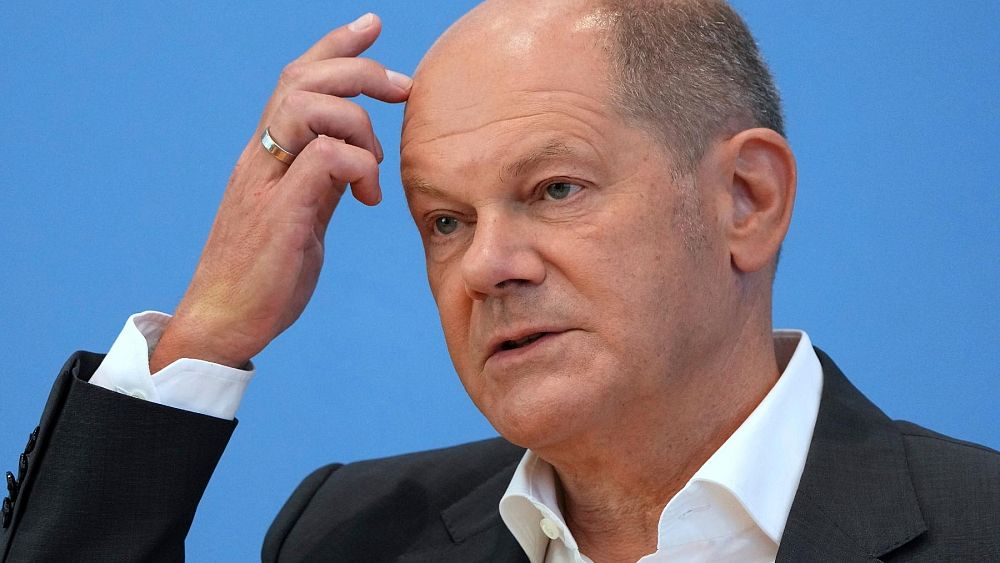Germany refuses to back calls for Russia tourist visa ban

German Chancellor Olaf Scholz is refusing to back growing calls for an EU-wide ban on giving tourist visas to Russians.
Speaking in Oslo after a meeting with Nordic leaders, Scholz said: “This is not the war of the Russian people. It is Putin’s war and we have to be very clear on that topic”
“It is important to us to understand that there are a lot of people fleeing from Russia because they are disagreeing with the Russian regime,” he told a press conference on Monday in the Norwegian capital.
Over the last month, Finland and Estonia have been among the leading voices calling for an EU-wide approach to tackle the issue of Russians exploiting a sanctions “loophole” which allows them to travel by land in the EU, when sanctions would otherwise prevent them from flying or taking the train.
There’s concern that this lets Russians use international airports like Helsinki to travel freely, go on holiday, and avoid the consequences that sanctions were intended to have.
Finnish Prime Minister Sanna Marin, who supports a tourist visa ban, said in Oslo that it was an issue the EU needs to discuss.
“It is not a black or white question, there are shades of grey,” she said, echoing the comments of her foreign minister who recently told Euronews that “if we reduce the amount of Schengen visas we issue, we should have a more coordinated EU approach”.
And Estonia’s Prime Minister Kaja Kallas wrote recently on Twitter that “visiting Europe is a privilege, not a human right. Air travel from Russia is shut down. It means while Schengen countries issue visas, neighbours to Russia carry the burden (Finland, Estonia, Latvia – sole access points). Time to end tourism from Russia now.”
Her comments caused a swift and outraged response from the Kremlin, with Dmitry Medvedev – former Russian prime minister and president – likening Kallas to a Nazi for her comments.
Countries take unilateral action
While Finland, Estonia and other EU countries bordering Russia are still hoping the EU will take a collective decision about the future of Schengen visas, some countries are taking their own action.
Finland has chosen a bureaucratic stop-gap measure to reduce the number of tourist visas issued at its diplomatic missions in Russia by offering fewer appointment times for applications.
Estonia has gone further, and decided to stop offering visa services to Russians, and will refuse to let in any Russians with Estonia-issued Schengen tourist visas at its borders, with Estonian Foreign Minister Urmas Reinsalu urging other countries to take similar action.
In a video message on Monday, Ukraine’s President Volodymyr Zelenskyy said the discussion about whether or not to give tourist visas to Russians was “expanding every day”.
“New states and new politicians are joining [the discussion],” said Zelenskyy. “Ultimately it should lead to appropriate decisions.”
EU foreign ministers are expected to discuss the topic at their annual “Gymnich” meeting in the Czech Republic at the end of August although Scholz’s comments make it seem that, at the stage, a ban would be unlikely without German support.
Critics will say that any EU divisions play into Russia’s hands.
